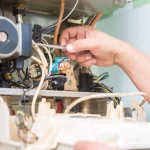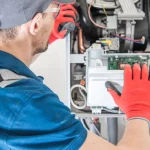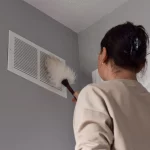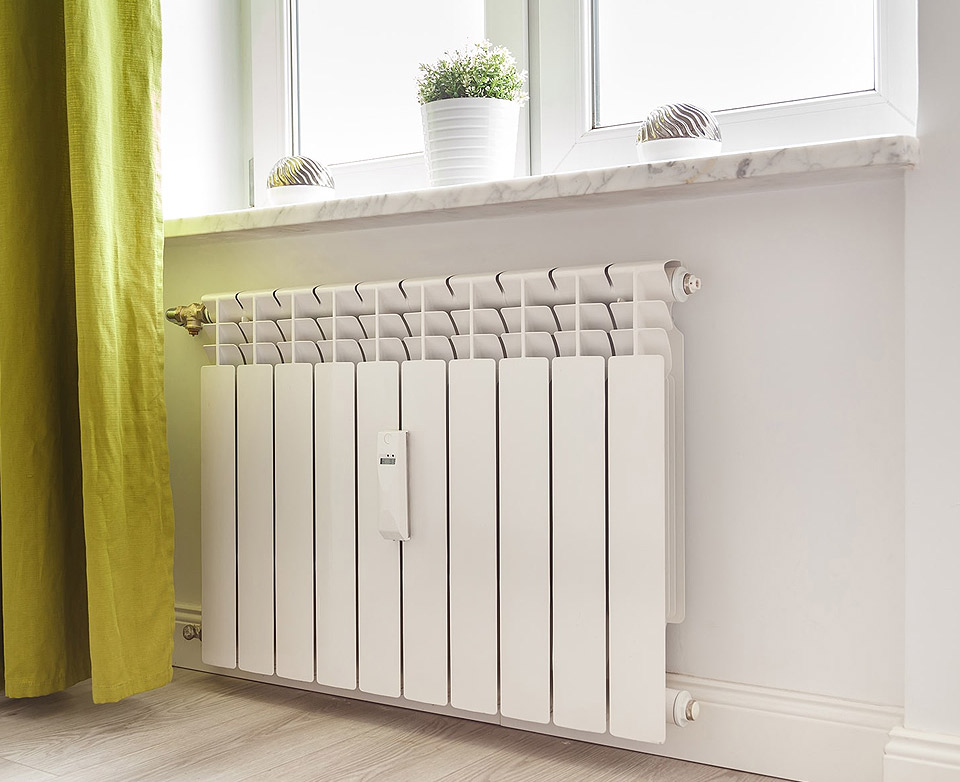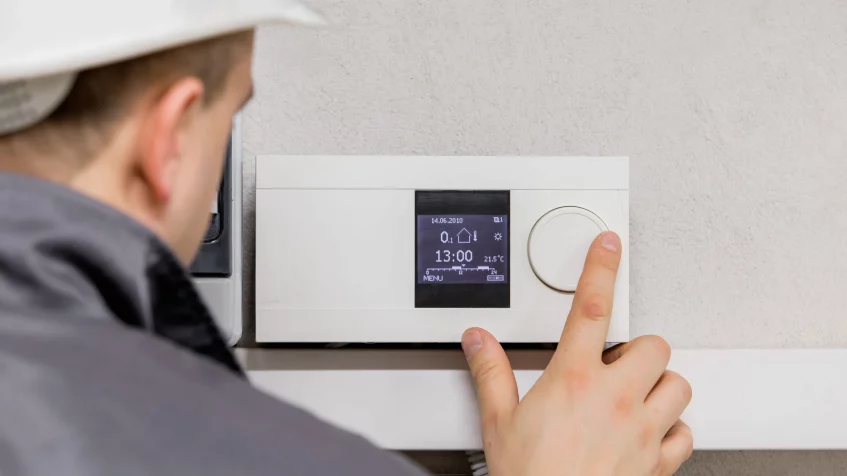
Prepare Your HVAC System for Seasonal Changes
As the seasons change, your HVAC (Heating, Ventilation, and Air Conditioning) system undergoes varying demands to keep your home comfortable. Whether transitioning from the scorching heat of summer to the crisp days of autumn or from the cold winter chill to the blossoming warmth of spring, preparing your HVAC system for seasonal changes is essential. In this guide, we’ll explore valuable insights and practical tips to ensure your HVAC system is ready to face the challenges that each season brings.
1. Seasonal HVAC Maintenance Checklist
Before delving into specific seasonal preparations, it’s crucial to establish a routine maintenance checklist that covers the basics throughout the year. Regular tasks include changing air filters, inspecting and cleaning vents, checking thermostat settings, and scheduling professional HVAC maintenance at least once a year. This routine ensures that your system operates efficiently, minimizes energy consumption, and reduces the risk of unexpected breakdowns.
2. Transitioning from Summer to Fall
As summer transitions to fall, it’s time to shift your HVAC system from cooling to heating mode. Start by cleaning or replacing the air filters to ensure optimal airflow. Check for any debris around the outdoor unit, and trim back vegetation to maintain clear airflow. Test your heating system to confirm that it’s functioning correctly, and adjust your thermostat settings accordingly. If you have a programmable thermostat, program it to accommodate the changing temperatures and your daily routines.
3. Winterizing Your HVAC System
As winter approaches, it’s essential to winterize your HVAC system to handle the colder temperatures efficiently. Inspect the insulation around your pipes to prevent freezing, and consider adding additional insulation if needed. Clear any snow or ice accumulation around the outdoor unit, and cover it with a waterproof cover to protect it from winter weather. Ensure that windows and doors are properly sealed to prevent cold drafts, reducing the workload on your heating system.
4. Spring HVAC Tune-Up
Spring is the perfect time for an HVAC tune-up to prepare your system for the warmer months ahead. Clean or replace air filters to improve indoor air quality and system efficiency. Inspect the outdoor unit for any damage or debris that may have accumulated during the winter. Check the refrigerant levels and ensure that the condensate drain is clear. Test your air conditioning system to verify that it’s cooling effectively. If you notice any issues, address them promptly to avoid complications during the peak cooling season.
5. Summer Cooling Tips
As temperatures rise and summer arrives, it’s essential to optimize your HVAC system for efficient cooling. Clean or replace air filters frequently to prevent reduced airflow and strain on the system. Keep blinds or curtains closed during the hottest part of the day to block out the sun’s heat. Consider using fans strategically to enhance comfort, allowing you to set your thermostat a bit higher without sacrificing comfort. If your HVAC system struggles to cool your home adequately, it may be time for a professional inspection and potential upgrades.
6. Smart Thermostats for Year-Round Comfort
Investing in a smart thermostat is a year-round solution for optimizing your HVAC system’s performance. These devices allow you to program temperature settings based on your daily routines, ensuring that your home is comfortable when needed and conserving energy when you’re away. Some smart thermostats even learn your habits and adjust settings automatically, providing a seamless and energy-efficient heating and cooling experience.
7. Air Quality Considerations
Seasonal changes can impact indoor air quality, affecting your overall comfort and well-being. Consider installing air purifiers or upgrading your air filters to capture allergens, dust, and pollutants. Regular cleaning and dusting around your home can also contribute to improved indoor air quality. Proper ventilation is crucial, so make sure your vents and ducts are clean and unobstructed to allow for the free flow of air.
8. Professional HVAC Inspections
While there are many tasks you can perform to maintain your HVAC system, it’s essential to schedule professional inspections at least once a year. HVAC technicians have the expertise to identify and address potential issues before they escalate, ensuring that your system operates efficiently and reliably. Professional inspections also contribute to the longevity of your HVAC equipment, ultimately saving you money on repairs and replacements.
Preparing your HVAC system for seasonal changes is a proactive approach to ensure year-round comfort, energy efficiency, and system longevity. By following a routine maintenance checklist, transitioning between seasons with care, incorporating smart thermostats, and addressing air quality considerations, you can optimize your HVAC system’s performance. Remember that professional inspections are a vital component of your HVAC maintenance strategy, providing expertise and peace of mind. With these insights and practical tips, you’ll be well-equipped to navigate the changing seasons with confidence and a comfortable home environment.



